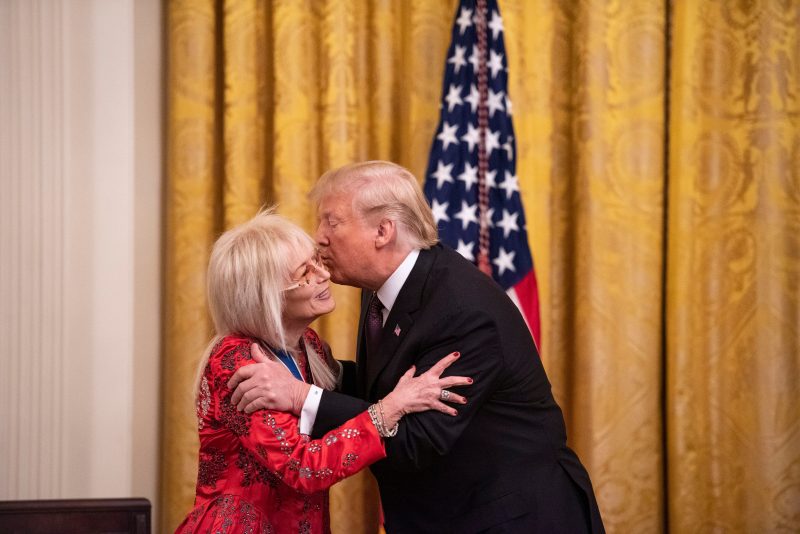In a recent address at a campaign rally, former President Donald Trump stirred controversy by drawing a parallel between a major campaign donor and war heroes. This comparison has sparked both outrage and debate among political analysts and the general public. Trump’s remarks have reignited discussions about the role of money in politics and the significance of valuing military service and sacrifice.
The crux of Trump’s statement was his assertion that the campaign donor, who had contributed generously to his political endeavors, had displayed acts of valor and sacrifice similar to those of war heroes. This juxtaposition between financial support and acts of heroism raises important questions about the nature of contributions and the values they represent in public life.
One perspective suggests that equating financial donations with the bravery and selflessness of war heroes undermines the true essence of heroism. War heroes are individuals who have demonstrated exceptional courage, sacrifice, and service to their country in the face of grave danger. Their actions often come at great personal cost, and they are rightly revered for their extraordinary feats.
On the other hand, political campaign donors play a crucial role in the electoral process by providing financial support to candidates. Their contributions help fund campaigns, shape public discourse, and influence policy decisions. However, the motivations behind these donations can vary widely, ranging from ideological alignment to personal interests and business objectives.
Critics argue that likening a campaign donor to a war hero diminishes the profound significance of military service and the sacrifices made by those who have served in uniform. Heroism on the battlefield involves risking one’s life for the greater good, often without expectation of personal gain or recognition. Drawing parallels between financial contributions and acts of valor may trivialize the sacrifices of military personnel and overlook the unique challenges and dangers they face in combat.
Moreover, the comparison raises ethical concerns about the perceived commodification of heroism and public service. While financial support is an integral part of the political process, it should not overshadow or detract from the noble deeds of individuals who have served their country with bravery and honor. Equating money with heroism may create a skewed moral framework that prioritizes wealth and influence over integrity and selflessness.
In conclusion, the controversy sparked by Trump’s comparison between a campaign donor and war heroes underscores the complex dynamics of politics, public service, and heroism. While financial contributions play a significant role in the political landscape, it is essential to uphold the distinct value of military service and sacrifice. Recognizing and honoring the bravery and dedication of war heroes is essential for preserving the integrity of our societal values and the true essence of heroism.

